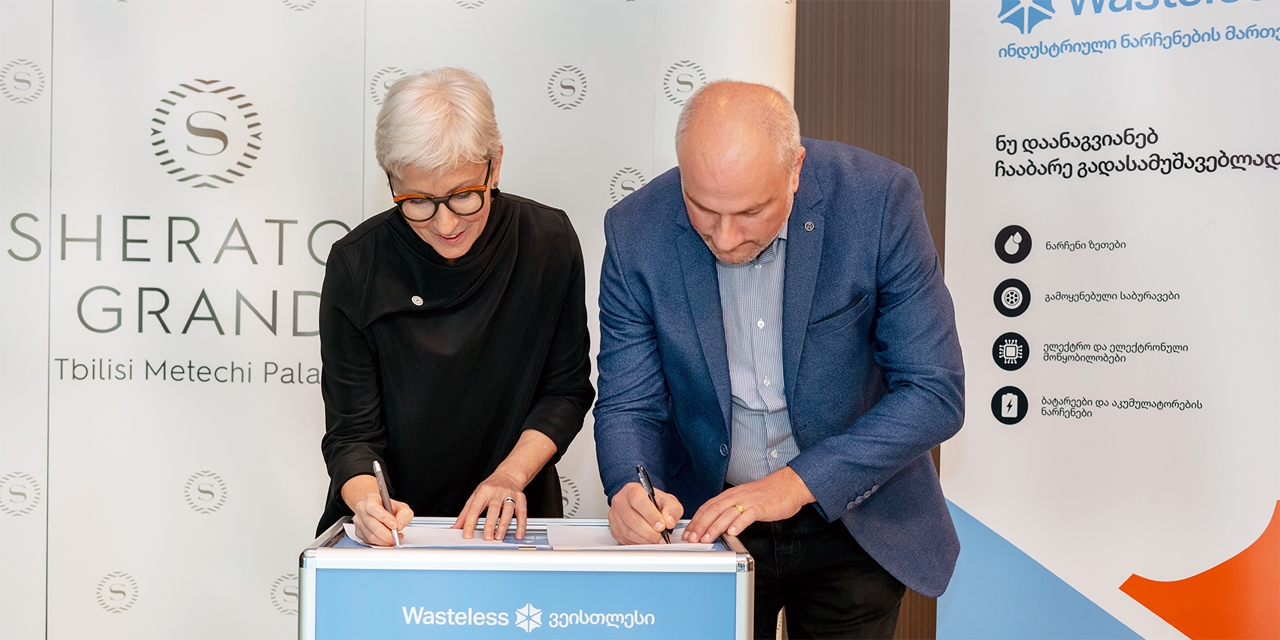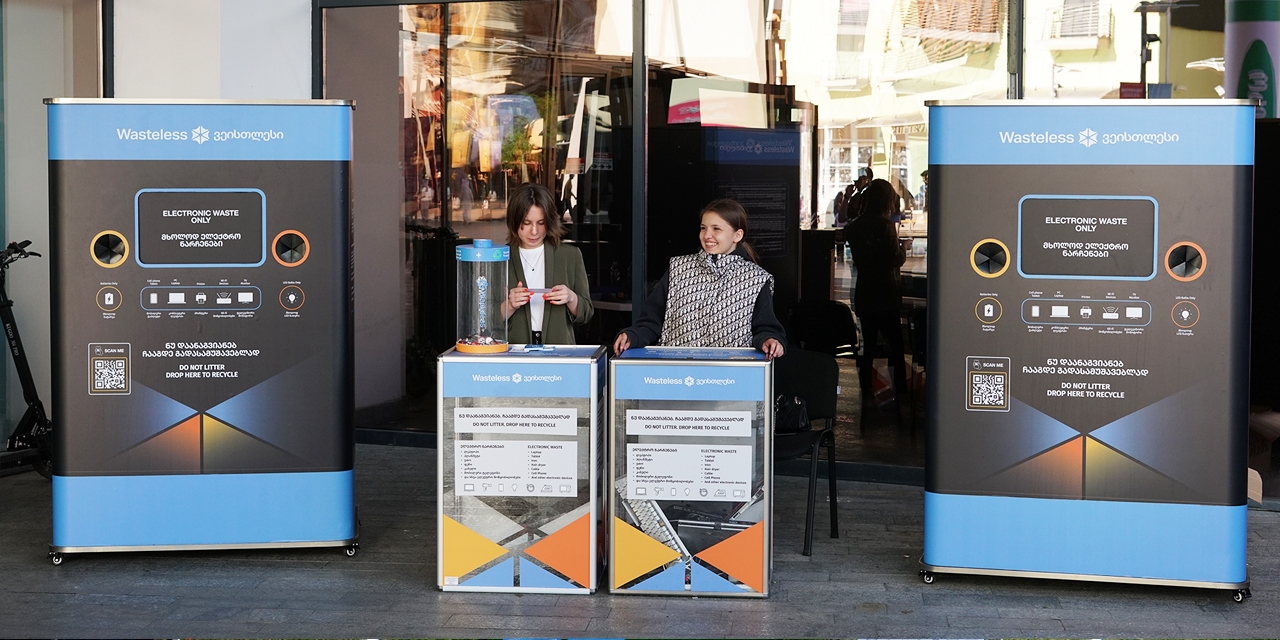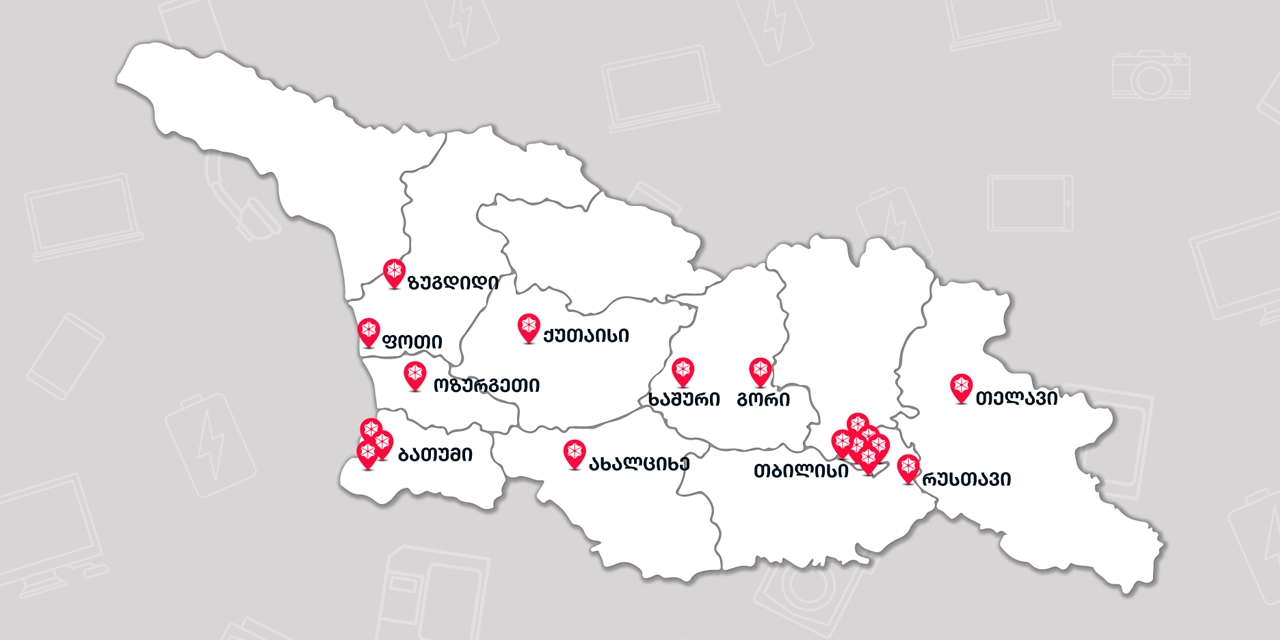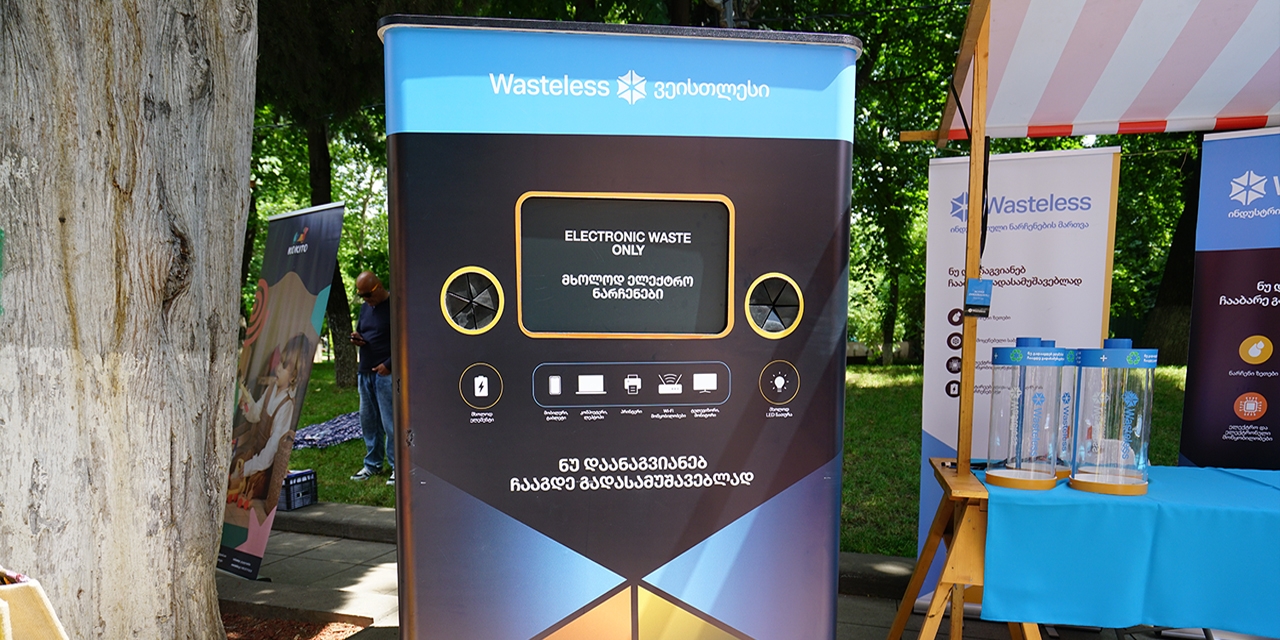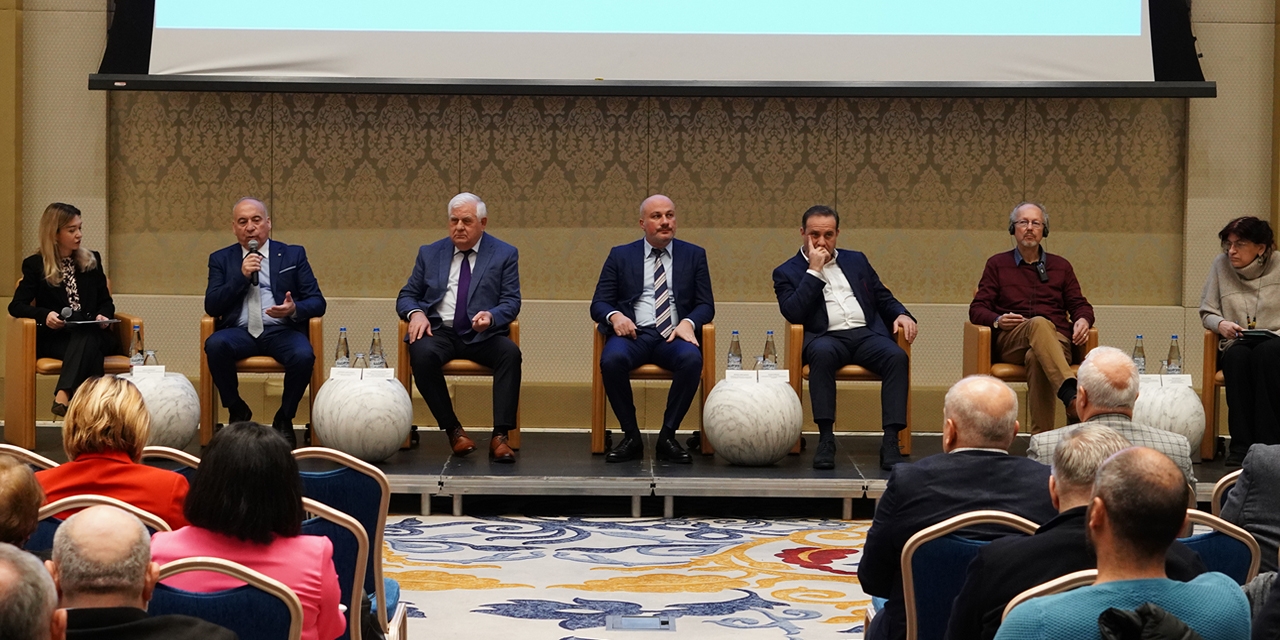
Event at Biltmore Tbilisi
On December 1, an event was held at the Biltmore Hotel in Tbilisi to introduce the e-waste collection and management system in Georgia, organized by the Georgian Producers’ Extended Commitment Association Wasteless and The USAID Economic Security Program, with the support of the Ministry of Environment and Agriculture of Georgia.
The event, which was attended by about 150 interested representatives of the sector, was moderated by Giorgi Guliashvili, Chairman of the Georgian Producers’ Extended Commitment Association Wasteless. The event opened with a welcoming speech by the Minister of Environment and Agriculture, Otar Shamugia. The Minister emphasized the importance of creating a modern waste management system and noted that its implementation is a priority direction of the state, which is also envisaged by the EU Association Agreement.
The participants were also addressed by Deputy Minister of Environment and Agriculture Solomon Pavliashvili, Chairwoman of the Parliamentary Committee on Environment and Natural Resources Maia Bitadze, Deputy Minister of Economy and Sustainable Development Romeo Mikautadze, and Head of the USAID Economic Growth Office Michelle Koscielsky.
The event was attended by representatives of the local municipality, business associations, and the private sector. As part of the presentation, panel discussions were held on the implementation of an e-waste collection and management system, the importance of business sector involvement, e-waste recycling, and the circular economy. In addition to the global challenges of the sector, the event discussed Wasteless’ future plans in Georgia, which include the establishment of 5 e-waste collection centers and 185 points across the country and raising awareness in this direction among the public.
An exhibition of handicrafts made from e-waste was organized as part of the event. Special boxes made by Wasteless were also exhibited, where old and damaged e-waste can be placed. At the end of the event, representatives of the government and business sectors agreed on the need for future cooperation.


















.png)













